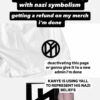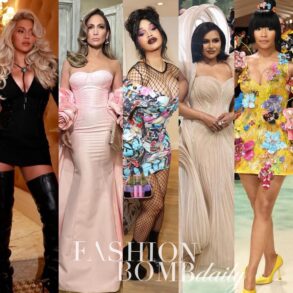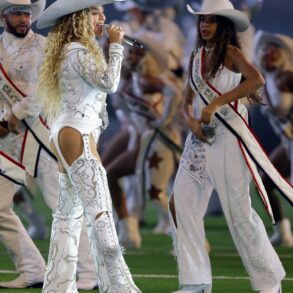Black culture has reshaped the paragons of all mediums of cultural expressions of creativity, and fashion is no exception.
From oversized streetwear to bum-hugging denim, Black celebrities and designers regularly pioneered new lanes of culturally evocative fashion in the ’90s and 2000s. Now, over 20 years later, the influence is still palpable.
In honor of Black History Month, we have highlighted six Black owned fashion brands we haven’t forgotten about.
Baby Phat
Starting off strong with one of the most revered femme-froward brands of the 2000s: Baby Phat. The stylistic output of Kimora Lee Simmons, Baby Phat, was the pinnacle of Black It-Girl fashion during the aughts. And while that signature curved cat logo may evoke nostalgia now, the brand was actually revived in 2019 and has been getting some major mainstream attention since. Most recently, Bronx rap darling Ice Spice rocked a custom two-piece look from the brand, complete with their iconic fur trim, gold detailing and thigh-grazing slit for the 2024 Grammy Awards.
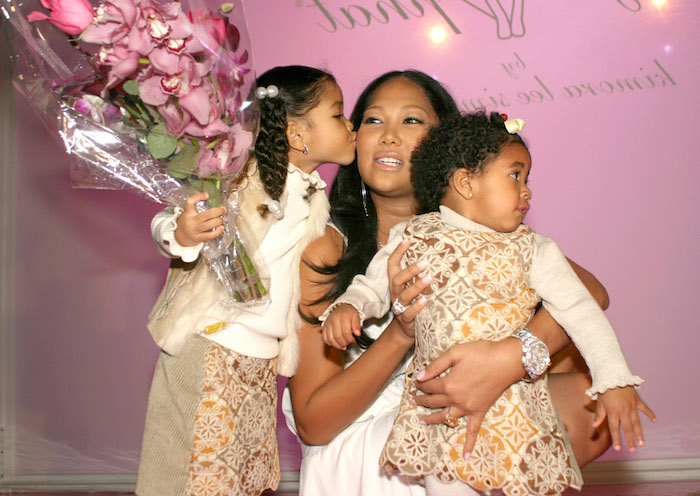
Karl Kani
If 90s era hip-hop has influenced any part of your style evolution, then you are likely familiar with the work of Karl Kani. The Brooklyn-based designer combined his love for hip-hop and fashion to create a brand that would be seen on some of the biggest names of that era, including Snoop Dog, Method Man, and many more.
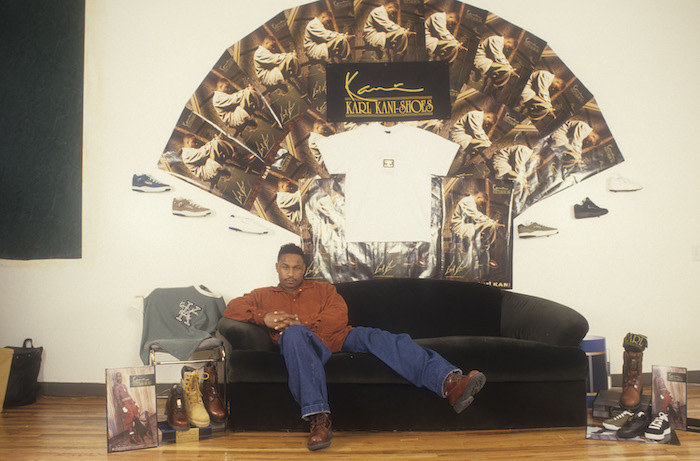
In 2018, the eponymous label announced a collaboration with PrettyLittleThing which is how many younger fashion fans learned about the brand. Karl Kani is still in operation today, and his latest collection, “B.I.B,” is a masterclass in silhouette manipulation and paradoxical descriptors. But that signature hip-hop quintessence remains a core pillar of their design.
TrukFit
Lil Wayne may not be first of mind in terms of fashion pioneers, but his contributions to the now coveted fusion aesthetic of skateboard fashion and hip-hop culture must be addressed. Second only to Skateboard P himself, Lil Wayne was how many hip-hop fans got introduced to big streetwear brands such as BAPE. So even though it is now largely inactive, the rapper’s own brand, TrukFit, holds a special space in the off-beat hip-hop fashion sector.
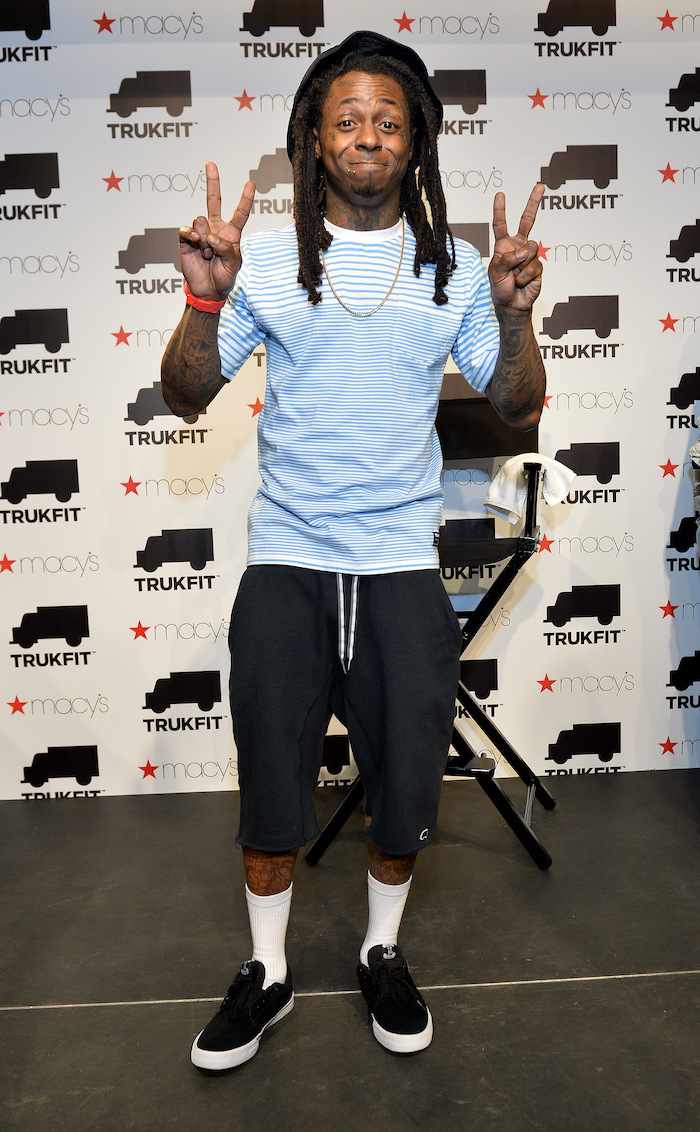
House of Deréon
Shake your derriere in? If you know the rest of this lyric, you have a friend in us. The bodacious brainchild of Beyoncé and her mother, Tina Knowles, House of Deréon was introduced in 2006, boasting a contemporary blend of streetwear and high fashion or, in the words of its founders, “where the sidewalk and the catwalk meet.” Their signature “agu” symbol was embossed on their form-fitting jeans, skirts, and other apparel pieces. Present day, the brand is no longer in production, but its legacy lives on in Beyoncé fans. In fact, during the renaissance tour, a particularly nostalgic Beyhive member wore a pair of black House of Deréon overalls. The look was so good it earned a spot on Beyoncé’s official website.
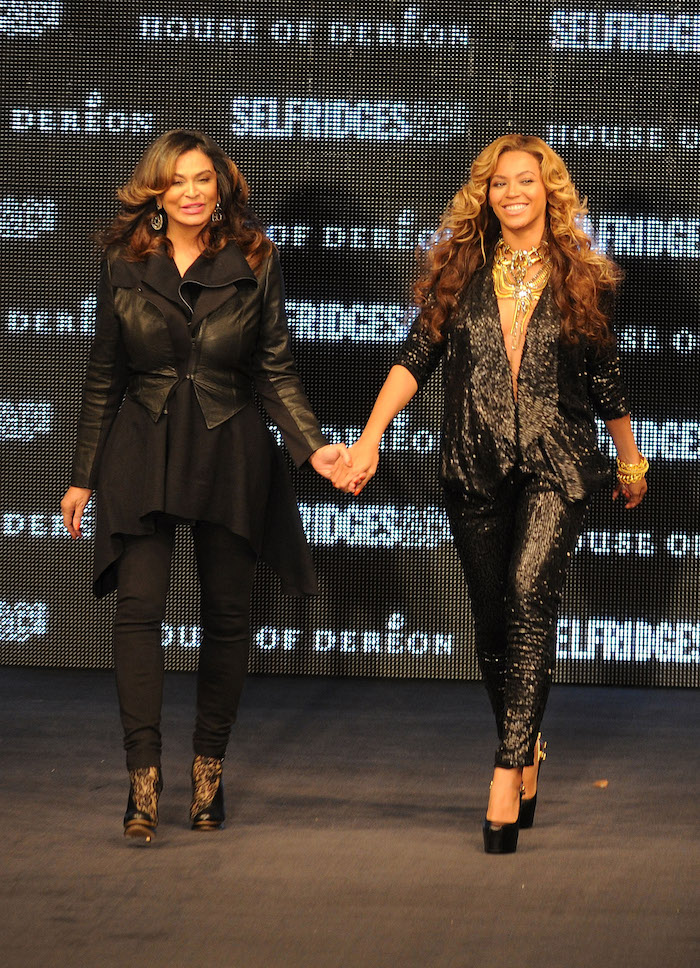
Apple Bottom
The pinnacle of urban denim fashion can be found betwixt the two apple-shaped globes that comprise Apple Bottom jeans — a stalwart symbol of early to mid-2000s style preferences. These jeans were in a class of their own when it came to catering to curvier figures and more prominent backsides in a manner that was not too common for the time.
Founded by St.Louis, Missouri native Nelly, the brand also became a herald of hip-hop ballads like Eminem’s “Shake That,” Twista’s “Overnight Celebrity,” and, of course, Flo Rida’s “Low.”
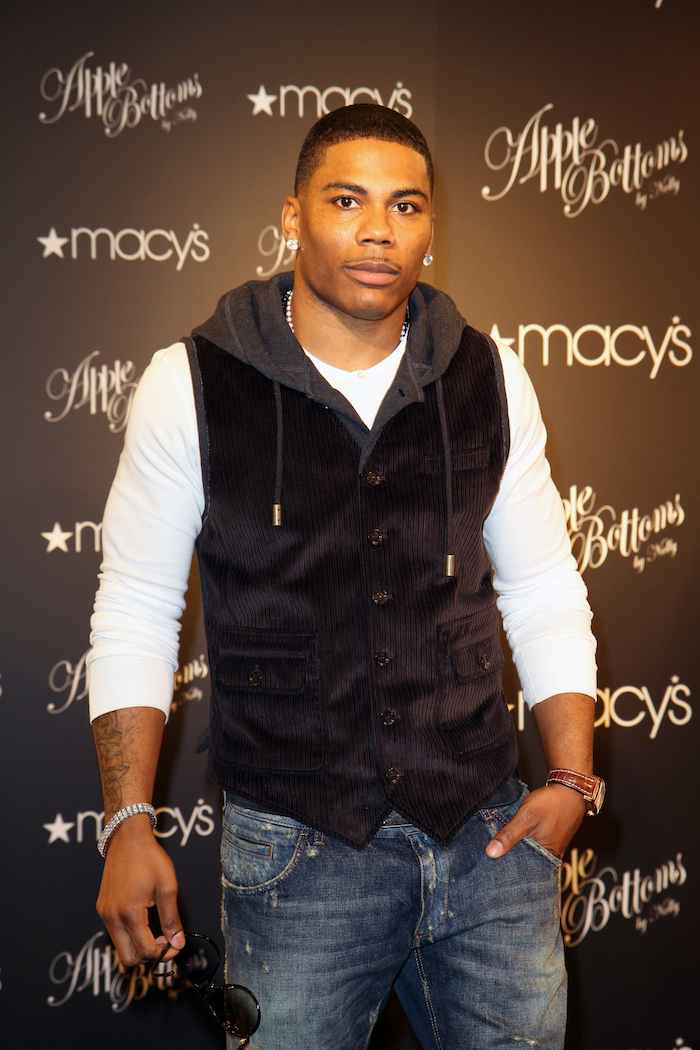
FUBU
Ending with a classic. FUBU is more than just our favorite Solange ballad. Founded by Daymond John in 1992, FUBU is one of the most identifiable names in the spate of Black-owned brands. It has ebbed in and out of favor in the fashion space, but its cultural significance transcends fleeting trends, representing something much bigger. To this day, their “For Us, By Us” mantra serves as a guiding light for many brands eager to pave their own socially representative lane in the world of fashion.
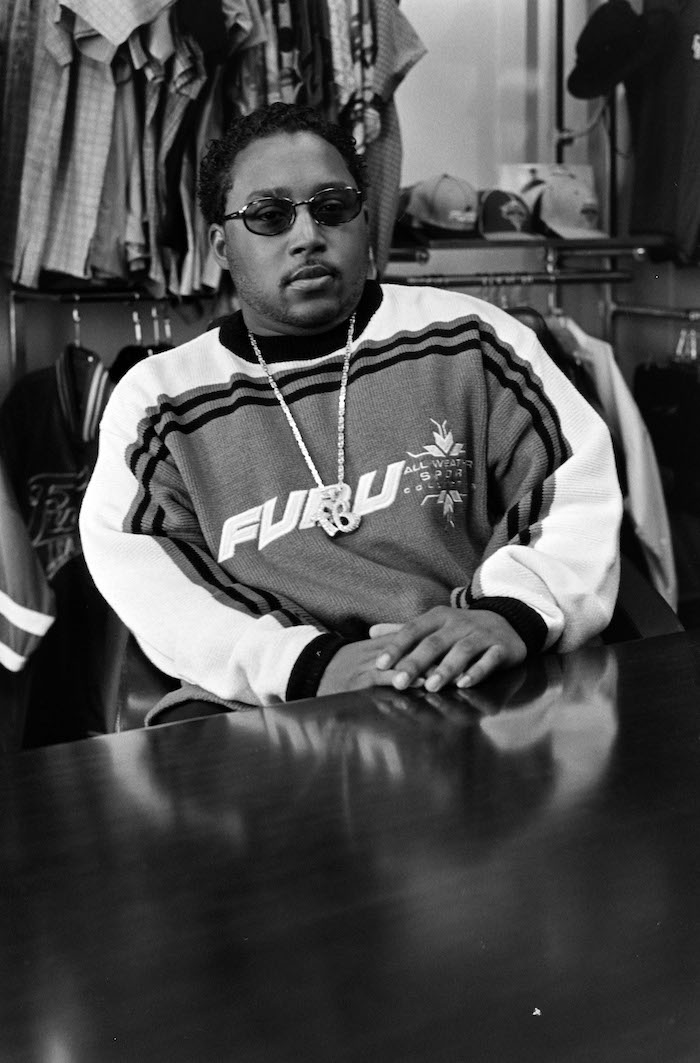
Fetish by Eve
Who’s that chick that keeps a mean fetish? The same one who likes to wear fly clothes and rock stilettos — Eve, of course.
In 2003, the Philadelphia native launched her own clothing brand, Fetish. It was released the same year as her self-titled sitcom, Eve, in which she played a fashion designer.
The line was sold at department and specialty stores and offered a range of leisure, athletic, and staple fashion pieces.
The brand is no longer active, but fans of the Philly femcee need not fret. The Barbershop actress’s upcoming memoir “Who’s That Girl?” comes out Sept. 17, 2024, so you can still get your fill of the Eve of destruction.
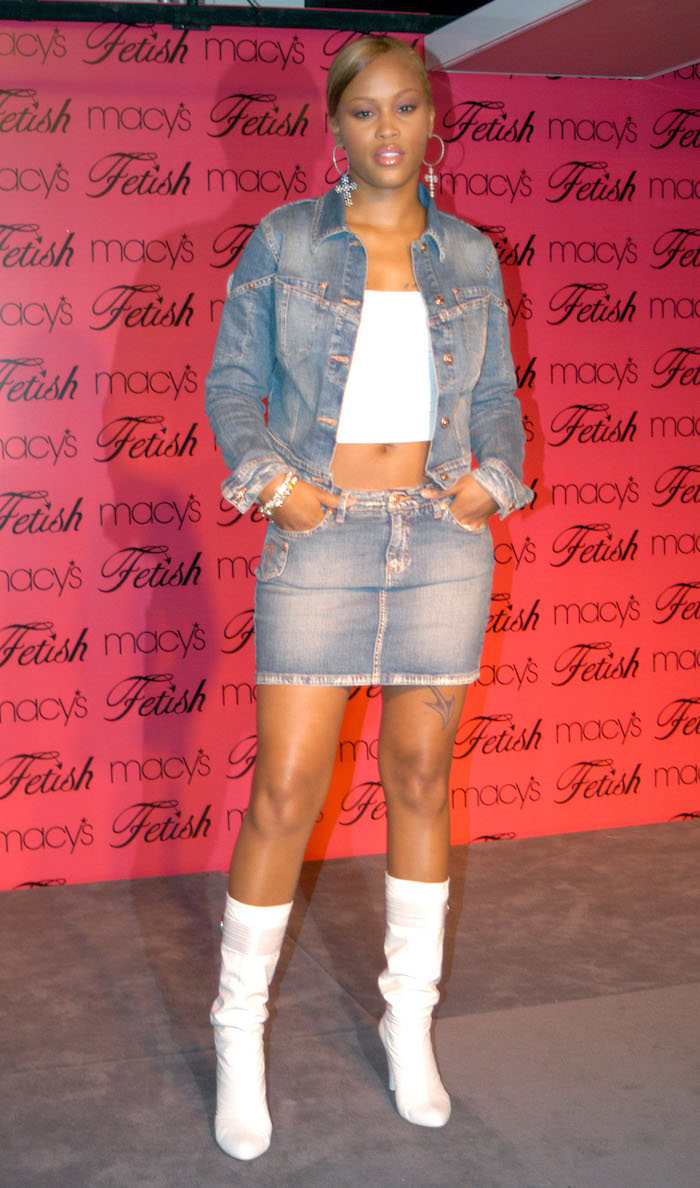
This post was originally published on this site be sure to check out more of their content.


